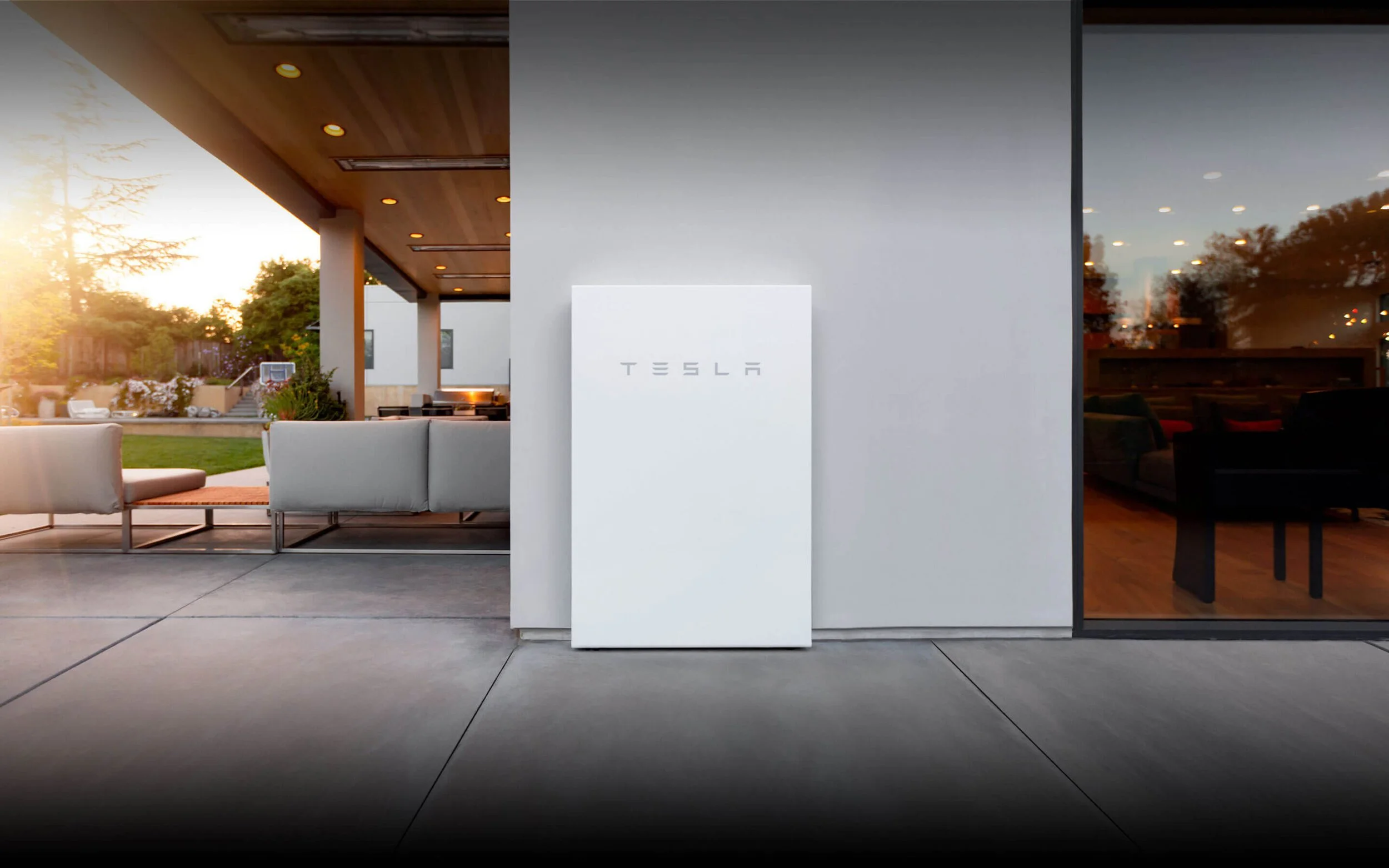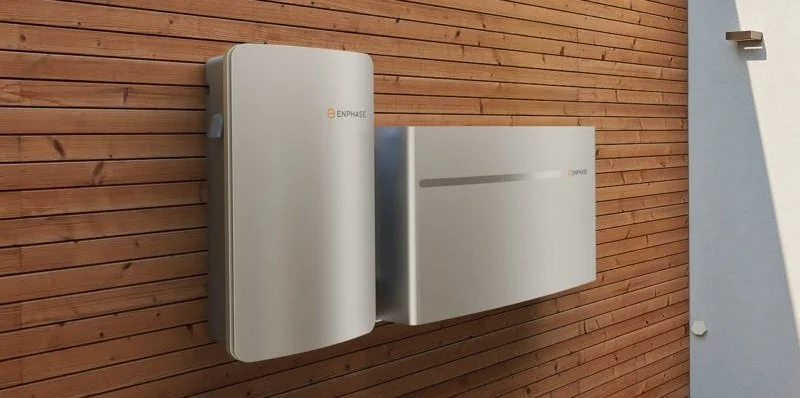
Compare the Best Battery Storage Brands for 2025
Home > Battery Storage Reviews
Most popular solar battery brands in Indiana:
As solar energy adoption continues to rise in Indiana, many homeowners and businesses are exploring solar battery storage systems to maximize their energy independence. Indiana, particularly, is seeing increased battery storage adoption due in part to many of the Indiana utilities’ removing their net metering programs.
A solar battery storage system allows you to store excess energy generated by your solar panels for use when the sun isn’t shining, providing greater reliability and potential cost savings. This guide will help you understand how solar battery storage works, its benefits, key considerations, and how to choose the right system for your home or business.
SolarCommission.Org’s Guide to Battery Storage Systems for Homes and Businesses
How Solar Battery Storage Systems Work
A solar battery storage system captures and stores surplus electricity produced by your solar panels. Instead of sending excess energy back to the grid, this energy is stored in batteries for later use. When your energy demand exceeds what your solar panels produce—such as during nighttime or cloudy days—the stored energy can power your home or business.
How these batteries are wired and what benefits they provide will vary and will ultimately depend on a variety of factors such as battery brand, number of batteries installed, your current electrical installation, and what your specific utility allows.
Benefits of Solar Battery Storage
Energy Independence
Solar batteries reduces reliance on your local electrical grid, allowing you to generate and store your own power. As your utility increases their rates, battery storage along with solar panels, can lessen this negative impact on you.
Cost Savings
When coupled with solar panels, battery storage allows you to use more of the energy that your solar energy system has generated, which leads to cost savings. These savings can be maximized if your utility has Time of Use (TOU) rates and your battery system has functions that allow you to use stored energy during peak utility rate times, send back energy when credits are higher, and/or pull from the grid when utility rates are cheapest. Not all battery systems have this functionality so be sure to inquire.
Backup Power During Outages
Many battery systems provide backup power during grid failures, keeping critical appliances and operations running. Most owners make a decision as to whether they want the battery to backup ALL circuits in the home/business or just a few critical circuits. Backing up all circuits often requires more battery storage capacity. Consider your goals before making a decision on battery brand and system designs.
Key Considerations When Choosing a Solar Battery System
1. Battery Capacity & Power Rating
Capacity (measured in kilowatt-hours) determines how much energy the battery can store.
Power rating (measured in kilowatts) determines how much electricity the battery can deliver at a given time. This will help determine whether the batteries have enough power to start up and run those high draw appliances such as HVAC.
2. Battery Chemistry
Lithium-ion batteries are the most common, offering high efficiency, longer lifespan, and no maintenance requirements.
Lead-acid batteries are more affordable but have a shorter lifespan, lower efficiency, and may have some maintenance requirements.
3. Depth of Discharge (DoD) & Efficiency
A higher DoD means you can use more of the battery’s capacity before needing a recharge.
Efficiency affects how much stored energy is actually available for use.
4. Lifespan & Warranty
Look for batteries with a lifespan of at least 10 years or a high number of charge cycles.
Warranties should cover capacity retention over time.
5. Integration with Solar Panels & Inverters
Ensure compatibility with your existing or planned solar system.
Some battery systems come with built-in inverters for easier integration.
Popular Solar Battery Storage Systems
Some of the top-rated solar battery brands include:
Tesla Powerwall – High-capacity lithium-ion battery with seamless solar integration.
LG Chem RESU – Compact, high-performance battery suitable for homes and businesses.
Franklin Wh – Robust home energy ecosystem that integrates solar, battery, generator, and EV power sources.
Enphase Encharge – Modular design with advanced monitoring capabilities.
Panasonic Evervolt – Home battery system that integrates lithium iron phosphate and hybrid inverter.
EG4 - Solar energy storage solutions feature industry-leading batteries and a cutting-edge battery management system communication.
Homegrid – Lithium-ion battery system with modular design.















